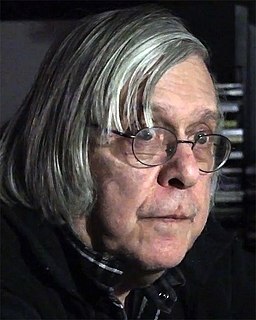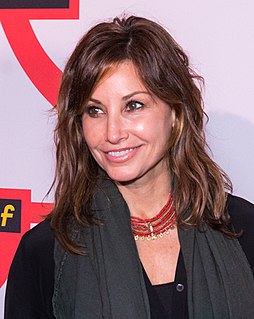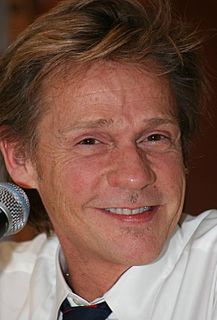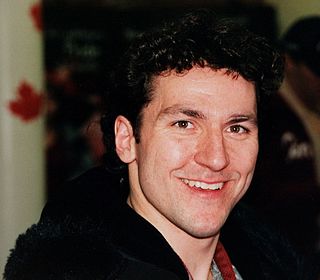A Quote by Quentin Tarantino
I was writing a film criticism book on Sergio Corbucci, the director who did the original Django. So, I was kind of getting immersed in his world. Towards the end of the Inglourious Basterds press tour I was in Japan. Spaghetti Westerns are really popular there, so I picked up a bunch of soundtracks and spent my day off listening to all these scores. And all of a sudden the opening scene just came to me.
Quote Topics
Related Quotes
Since many people have been asking me to elaborate on why I think "Inglourious Basterds" is akin to Holocaust denial, I'll try to explain what I mean as succinctly as possible, by paraphrasing Roland Barthes: anything that makes Fascism unreal is wrong. For me, "Inglourious Basterds" makes the Holocaust harder, not easier to grasp -- as a historical reality, I mean, not as a movie convention. Insofar as it becomes a movie convention, it loses its historical reality.
Film’s thought of as a director’s medium because the director creates the end product that appears on the screen. It’s that stupid auteur theory again, that the director is the author of the film. But what does the director shoot-the telephone book? Writers became much more important when sound came in, but they’ve had to put up a valiant fight to get the credit they deserve.
I actually thought that the idea of doing a World War II movie in the guise of a spaghetti western would just be an interesting way to tackle it. Just even the way that the spaghetti westerns tackled the history of the Old West, I thought it could be a neat thing to do that with World War II, but just as opposed to using cowboy iconography, using World War II iconography as kind of the jumping-off point.



































